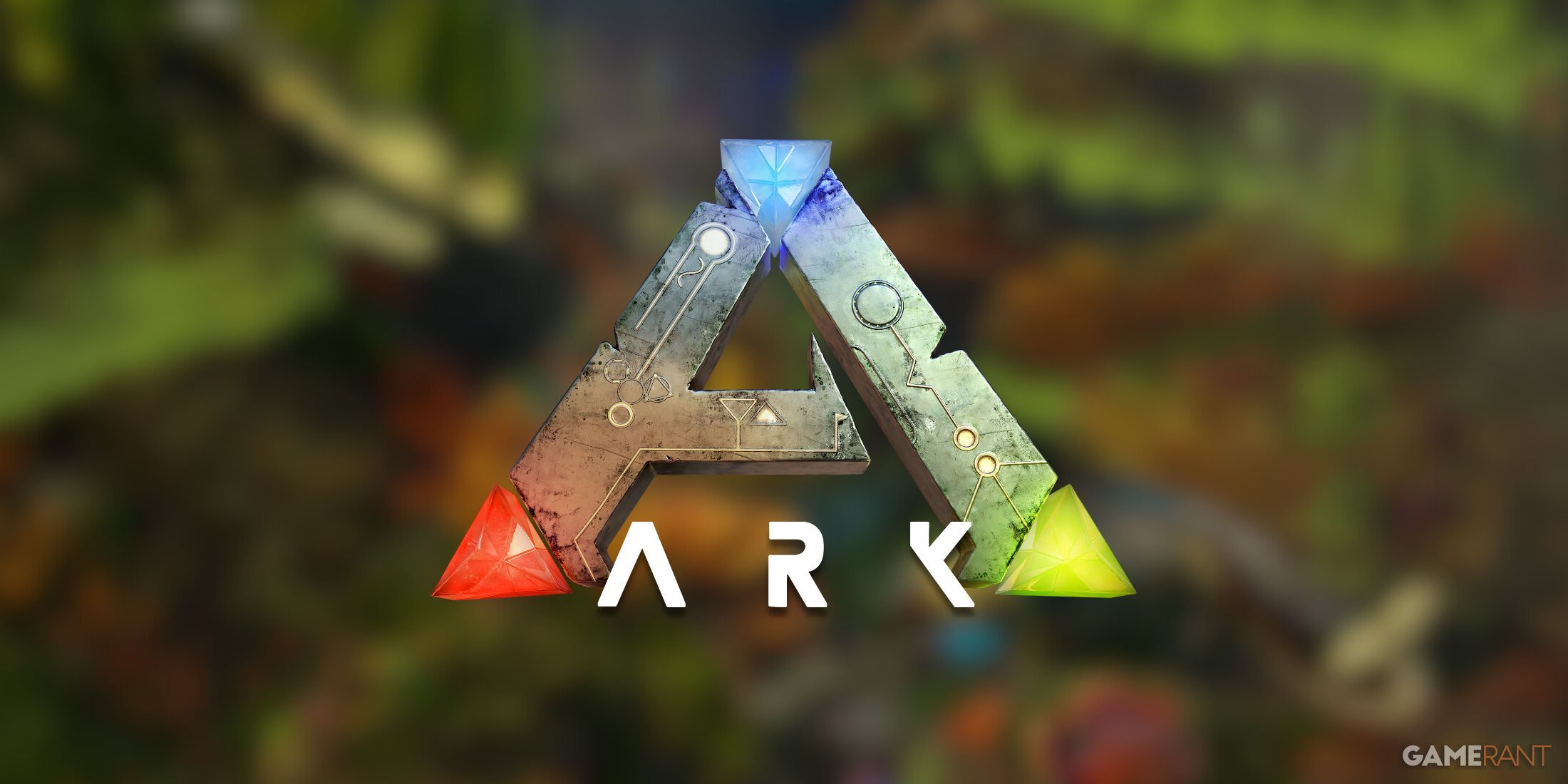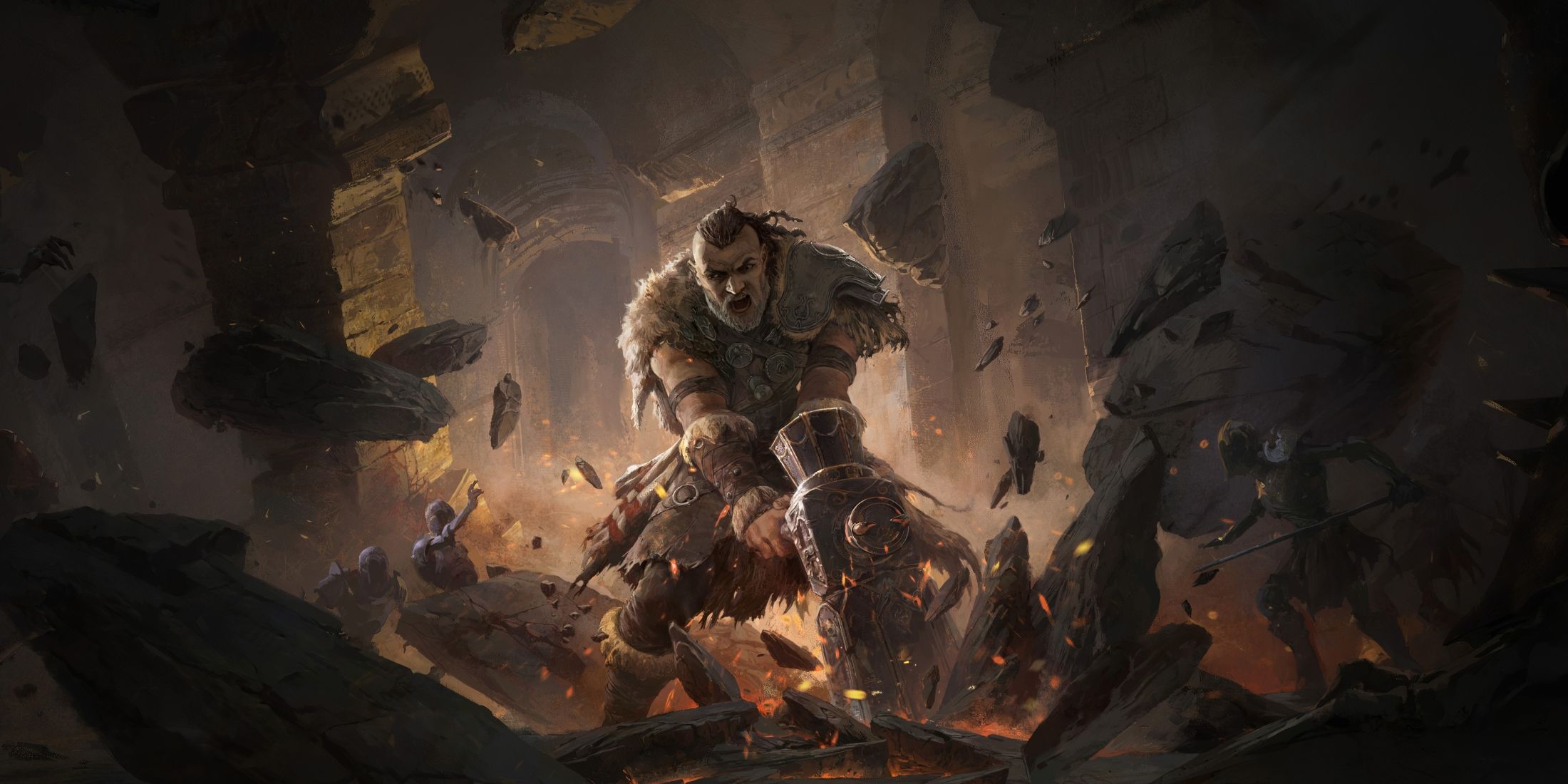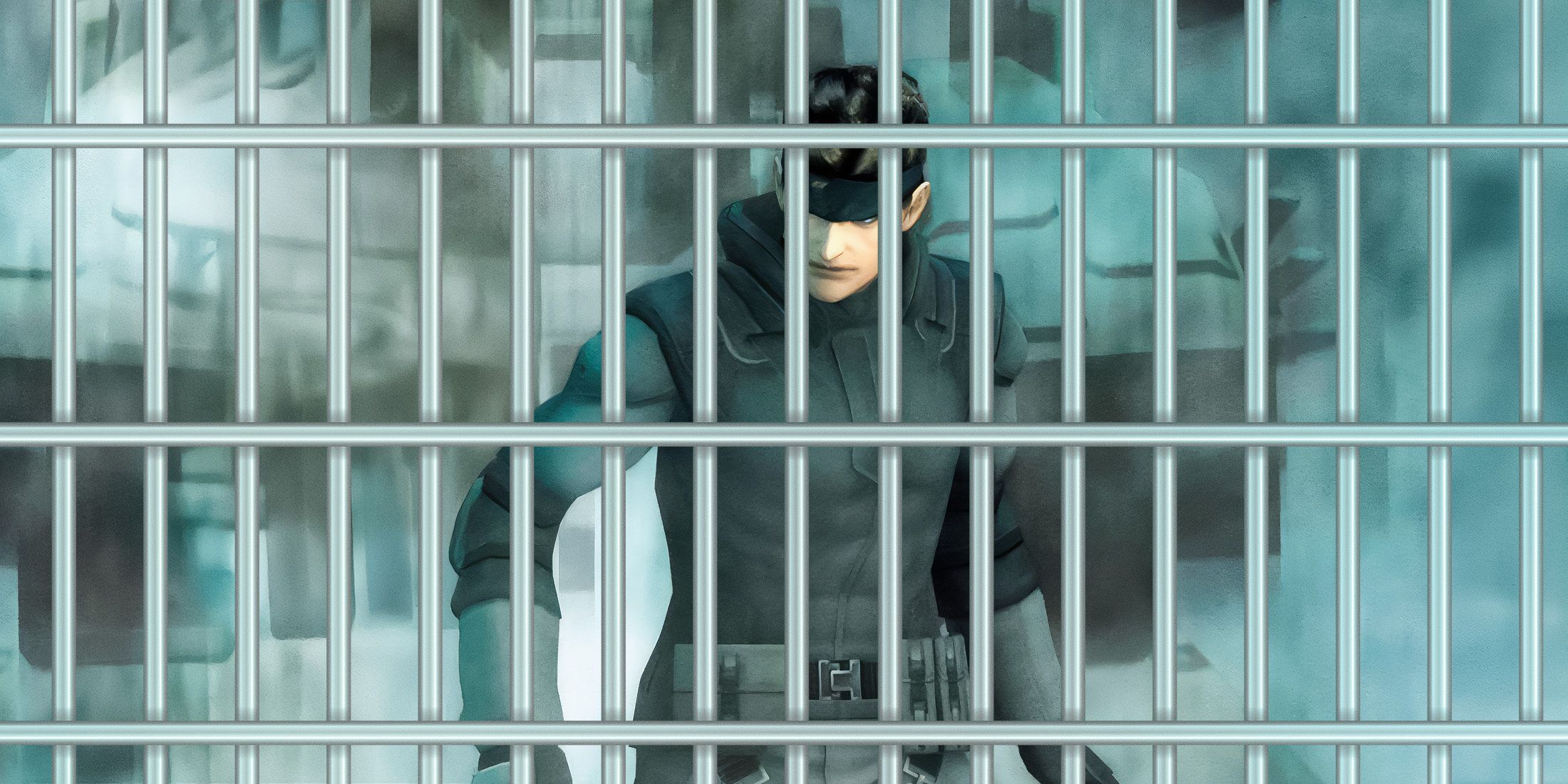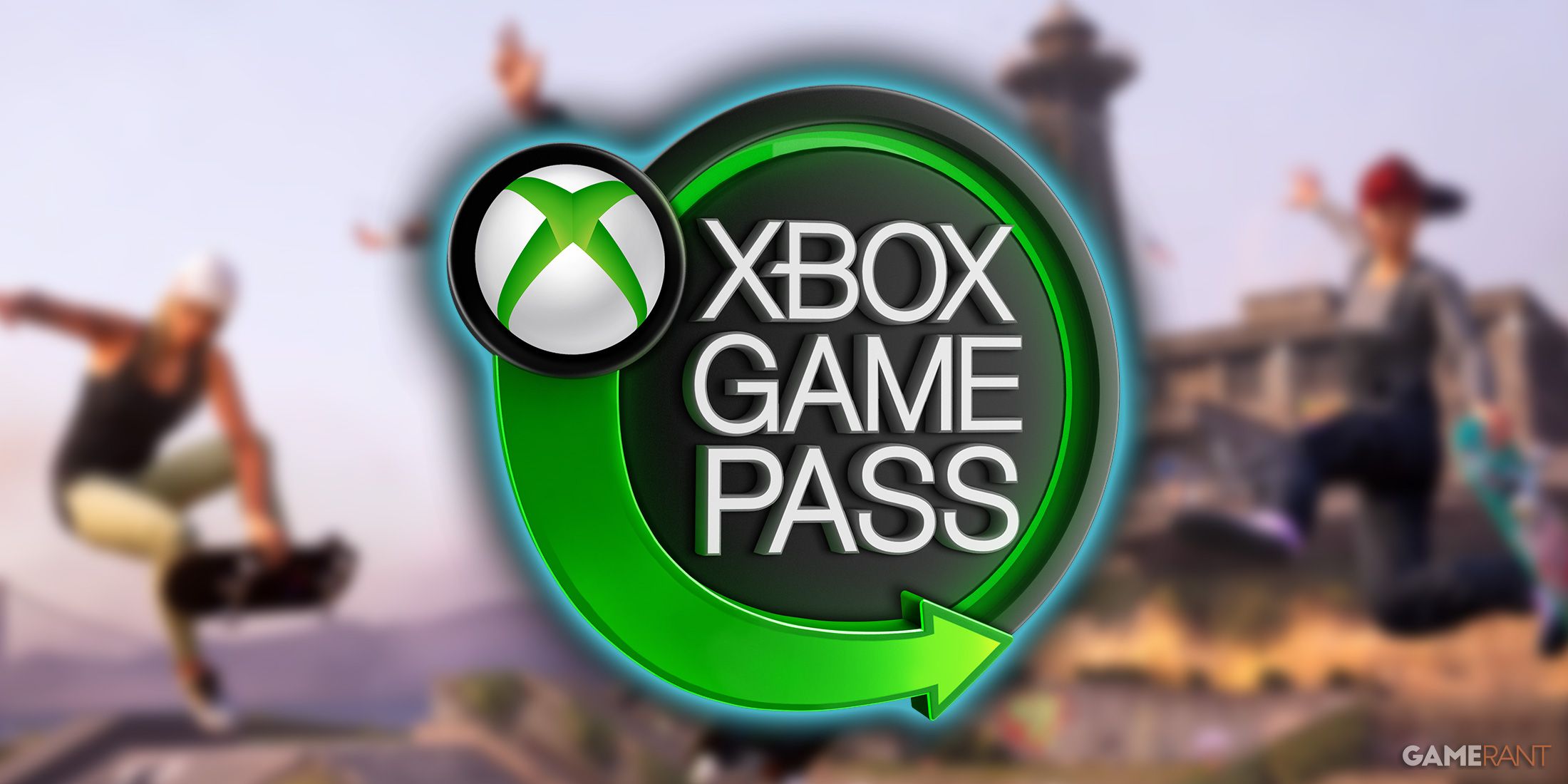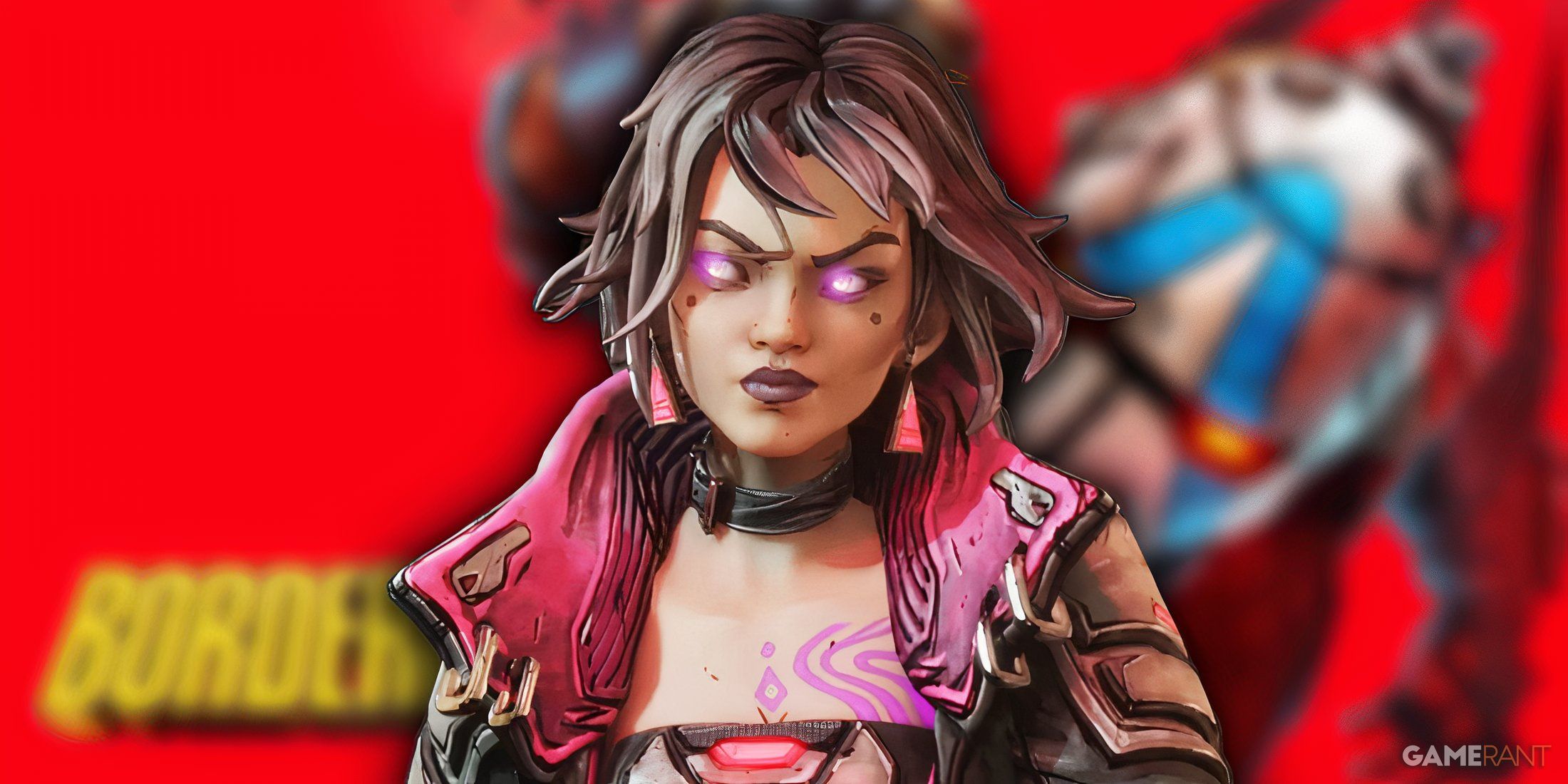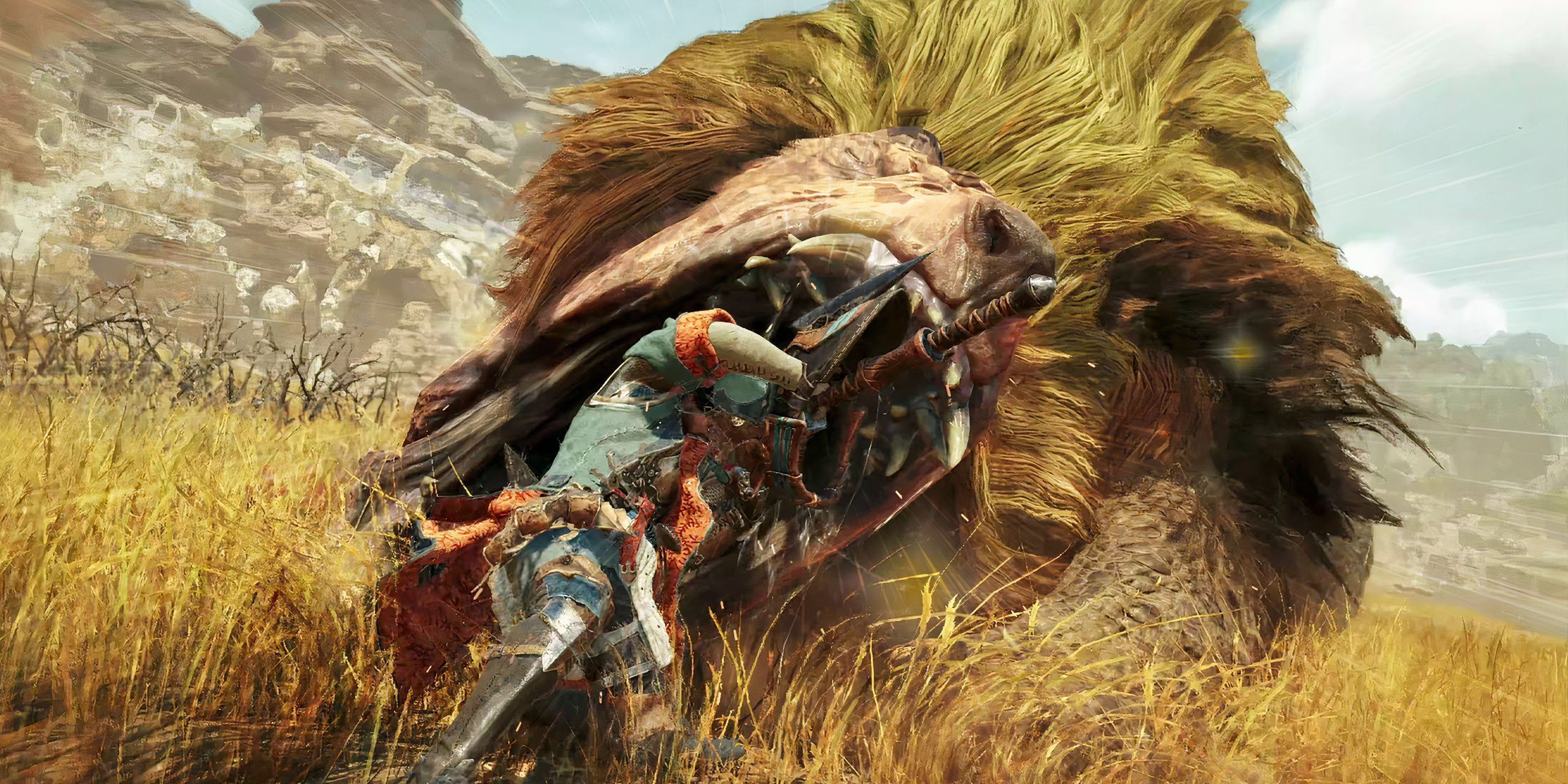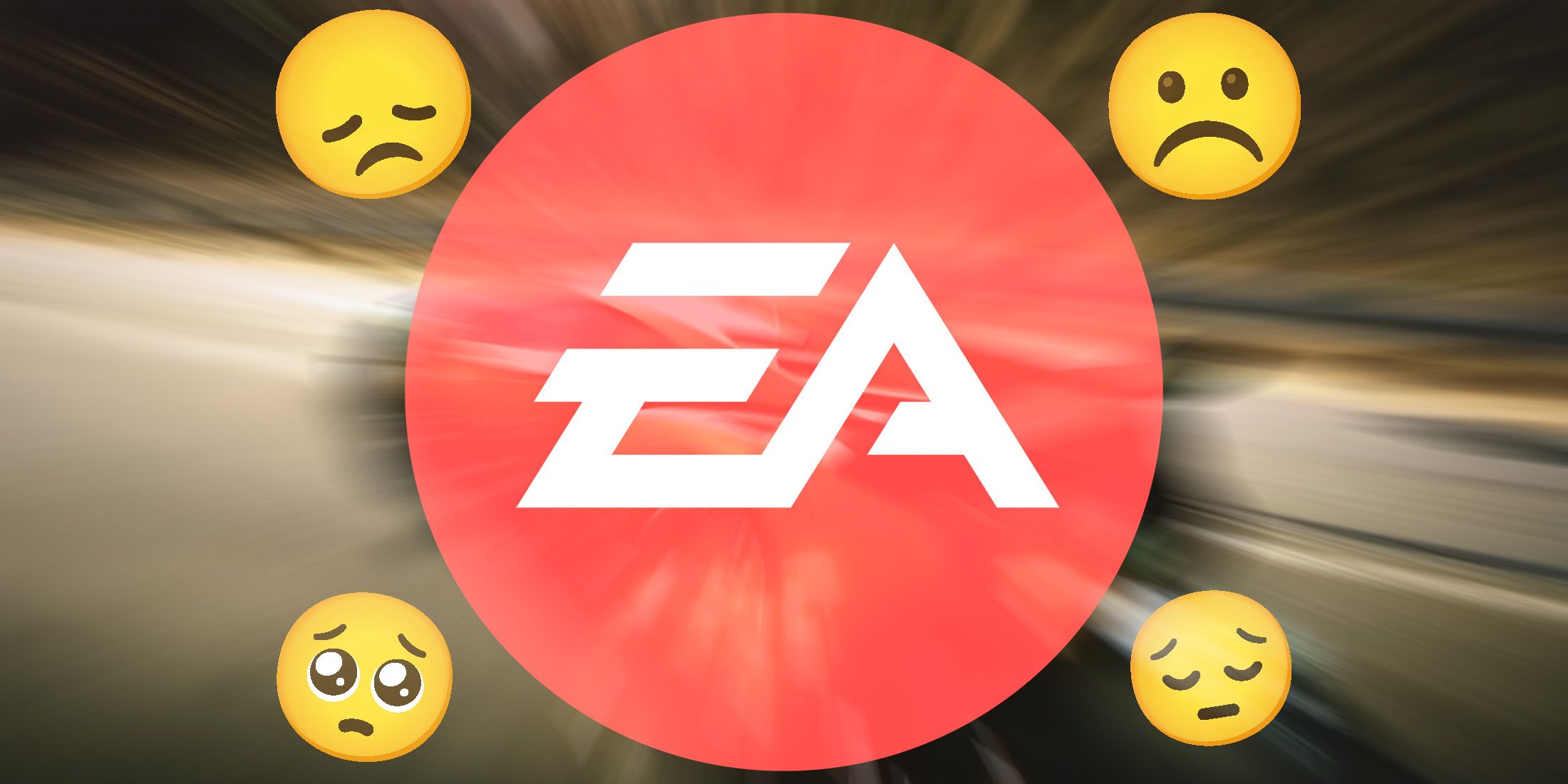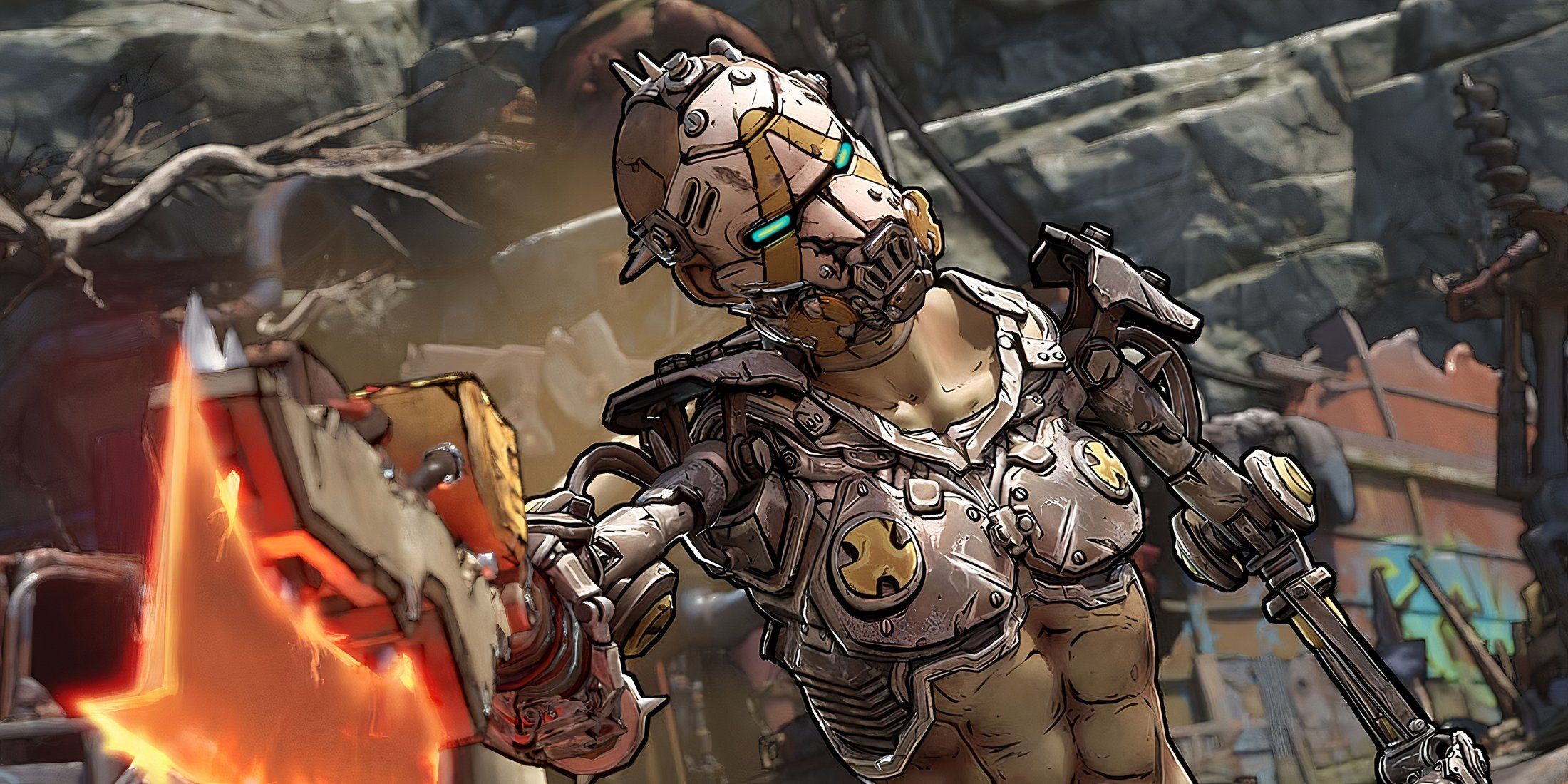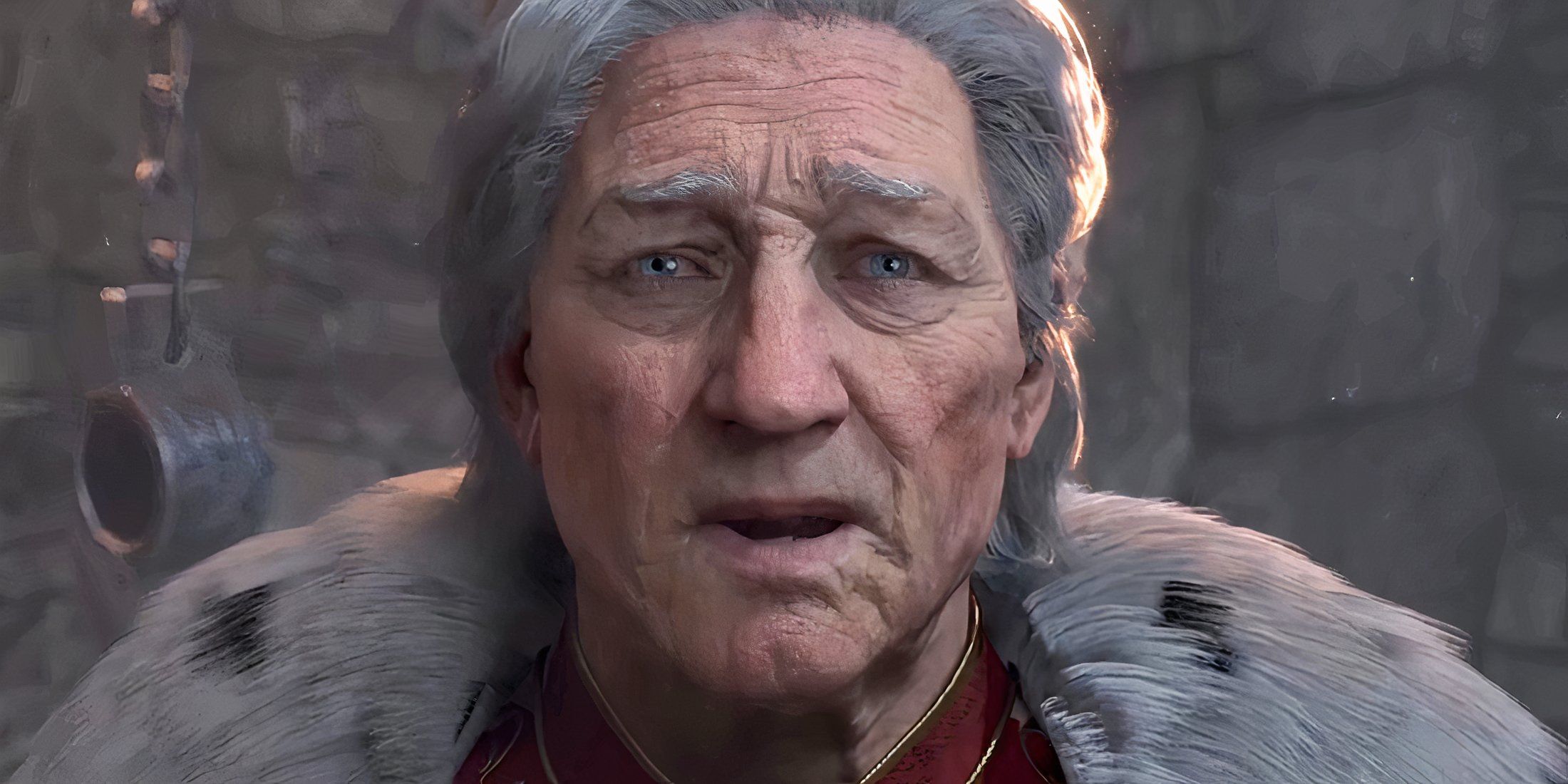
Unity, the company behind the game engine of the same name, is walking back part of a controversial new fee policy announced last week that infuriated developers and ignited a firestorm of criticism across the industry. “We should have spoken with more of you, and we should have incorporated more of your feedback before announcing,” Unity president Marc Whitten wrote in a mea culpa published today on the company’s blog.
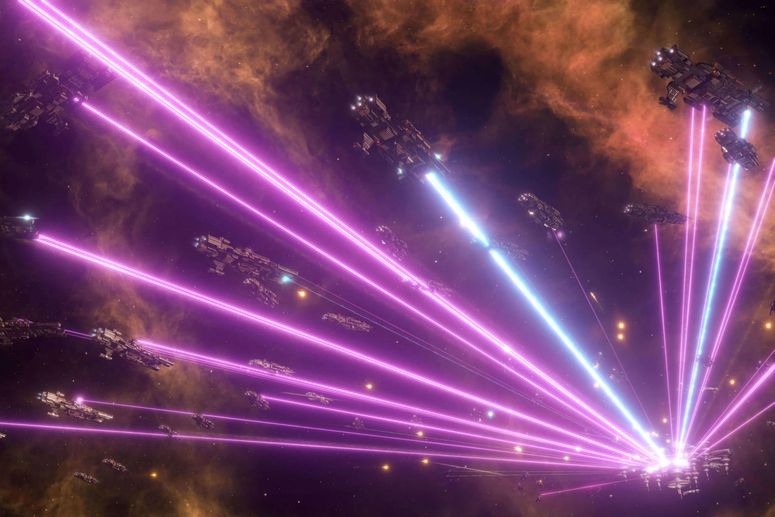 Off to the HagueWhy Do Video Games Want Me to Be a War Criminal?Sam Fogel
Off to the HagueWhy Do Video Games Want Me to Be a War Criminal?Sam Fogel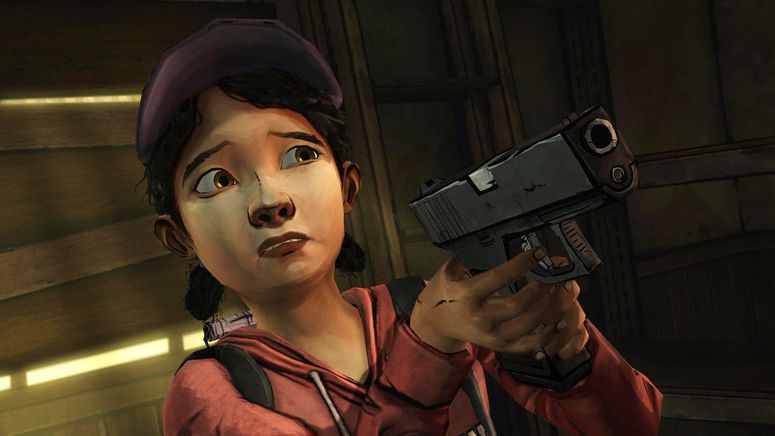 Telltale's HeartWe Need to Change How We Talk About Game Studios ClosingJulie Muncy
Telltale's HeartWe Need to Change How We Talk About Game Studios ClosingJulie Muncy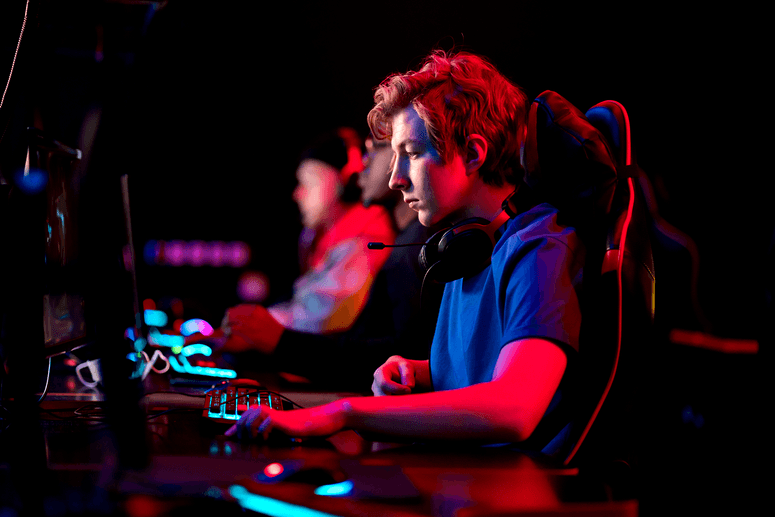 Digital TherapeuticsAdderall Shortages Are Dragging On'Can Video Games Help?Celia Ford
Digital TherapeuticsAdderall Shortages Are Dragging On'Can Video Games Help?Celia FordOn September 12, Unity announced that beginning January 1, 2024, its pricing for developers would include a “Runtime Fee,” a new 20-cent charge to be levied every time a player installed a game after the title reached 200,000 downloads and $200,000 in revenue. Furthermore, that policy would not only impact games made after the changes, but “eligible games” that had already been released. The backlash from developers was swift, leading Unity to apologize and rethink its stance.
Today’s changes remove the Runtime Fee for games created “with any currently supported Unity versions.” Instead, the fee will only affect games created or upgraded with the Long Term Support version of Unity expected in 2024. The fee will only be applied when a game has reached $1 million in gross revenue for the trailing 12 months and 1 million initial engagements. From there, devs can pay the fee “either based on monthly initial engagements or 2.5 percent of your game’s monthly gross revenue. Ultimately, you will be charged the lesser of the two.” Unity Personal, the version of the game engine generally used by smaller indie devs, will remain free of this fee, and developers will no longer have to add a Unity splash screen.
Online, developers expressed relief at seeing the Runtime Fee removed, but many remain skeptical, if not downright angry. “Some solid change here, but it feels like they’re putting the rug back in place and hoping you just stay standing on it until the next time they give it a pull,” wrote a dev from WB Games Montreal. “Unity leadership still can’t be trusted to not fuck us harder in the future,” posted another from Among Us creator Innersloth. An X account called “Game Studios Disappointed by Unity” that is dedicated solely to reposting developer statements shared hundreds of denouncements of the new policies.
Even though Unity has walked back the most egregious changes, some developers say the damage is done. “The demonstrated willingness, eagerness to change an agreement, even going so far as to delete their GitHub [repository] that stated developers would only be beholden to the agreement under which they signed up, erodes trust,” says Brandon Sheffield, one of the many developers who have been vocal about the changes announced last week. Part of that is because Sheffield and his team were among those “privy to these changes well before they went live and pushed back against them,” he says. “We knew the reaction would be resoundingly negative, but we weren’t listened to.”
Regardless of whatever changes Unity makes, Sheffield’s studio, Necrosoft Games, won’t be using Unity for its next project. “We simply don’t trust them to stick to their word,” he says. “We don’t trust them to update their engine in ways that affect us, as PC/console developers, in a positive way. I think they have done irreparable damage to their brand for game developers in general, and the walkback isn’t going to fix it.”

